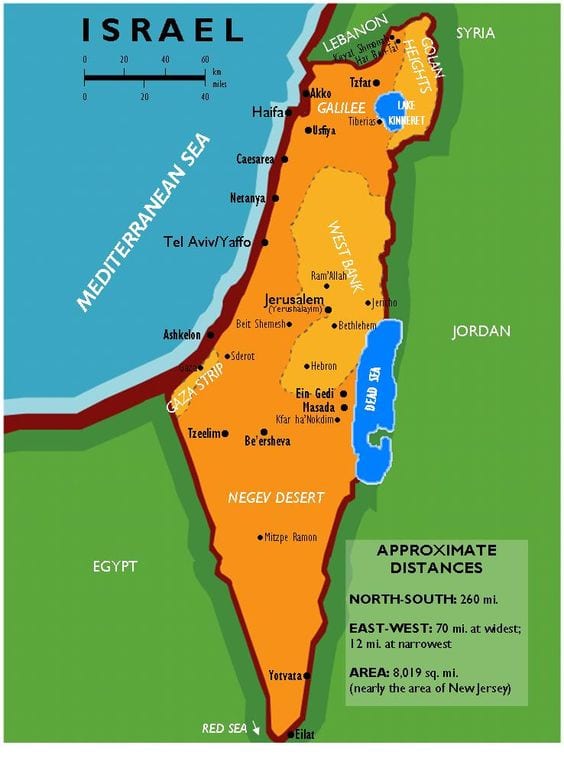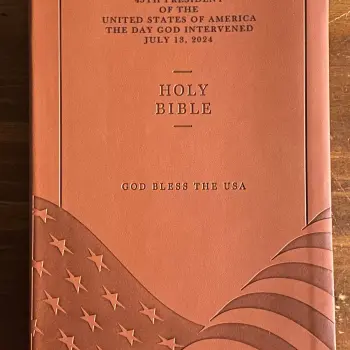Last Friday, 85-year old Palestinian Authority President Mahmoud Abbas announced that after about 15 years, the PA and alienated Hamas will join together to hold both presidential and parliamentarian elections. The irreligious PA governs Palestinians living in the West Bank, and the strongly Islamic Hamas–which the U.S. has long regarded as a terrorist group–governs Palestinians living in the tiny Gaza Strip.
Most Americans think President Donald Trump gained accreditation in his foreign policy when he engineered the following: recognized Jerusalem as the capital of Israel, moved the U.S. embassy from Tel Aviv to Jerusalem, and helped achieve diplomatic relations between Israel and two Arab states, which are United Arab Emirates and Qatar. I don’t think so, and the PA certainly doesn’t think so.
The longstanding policy of the Arab League had been that none of its members, thus all Arab countries, would undertake diplomatic relations with the State of Israel until the Israeli-Palestinian conflict had been settled. Egypt and Jordan aborted that promise when they resumed relations with Israel decades ago. But no other Arab nation had done so until last year. Palestinians and many other people, including most Europeans, believed that it was a mistake for the UAE and Qatar to abandon that policy of the Arab League and that it weakened the chance of ever solving the Israeli-Palestinian problem. I agree with this.
Moreover, President Donald Trump had campaigned for the U.S. presidency on a platform that included in its foreign policy a hostile attitude toward Iran that included abandoning the U.S. commitment to the 2015 nuclear agreement, the Joint Comprehensive Plan of Action (JCPOA), in which Iran promised not to make nuclear weapons. President Trump therefore withdrew the U.S. from that agreement in opposition to all other signatories to it, which were the European Union, UK, France, Germany, Russia, and China. All of these entities still remain in the agreement. Plus, President-elect Joe Biden says he will immediately return the U.S. to this agreement.
But Trump’s main U.S. policy in the Middle East was to further divide Iran from the southern states therein, which are Sunni Muslim whereas Iran is Shiite Muslim. Since Iraq and Syria are predominantly Shiite, the result has been to further divide northern and southern states in the Middle East. I believe this arrangement will prove detrimental to relations between these two Middle East factions, something I am writing about in my next book. And I think Israel aligning itself with a particular faction, it being the southern Sunni states, will not go well for Israel. I think it would have been better for Israel to stay out of this conflict even though Iran has for many years had a belligerent attitude toward Israel.
But regarding the Palestinian announcement to hold elections this spring and summer, such announcements have been made before and not been carried out. It would seem to prove beneficial for Palestinians if the Palestinian Authority and Hamas could work together rather than remain opposed to each other as they have been throughout their history dating back to Hamas’ control of the Gaza Strip that began in 2006 due to a war that occurred then between the PA and Hamas.














